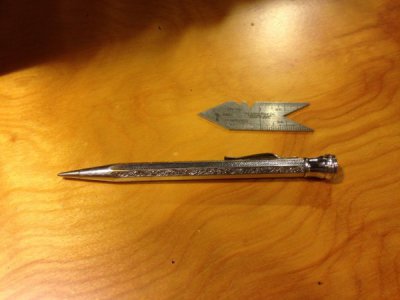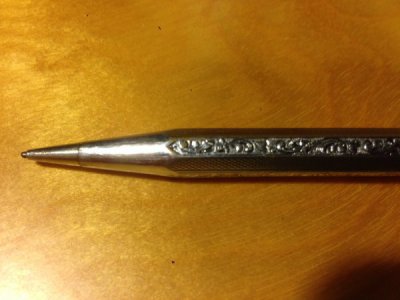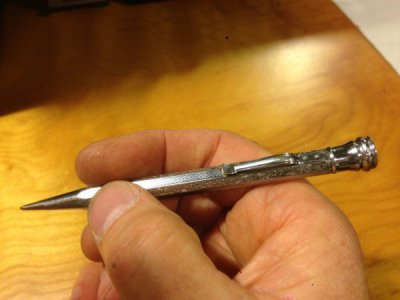- Joined
- Feb 9, 2017
- Messages
- 5,243
LOL! If not for you TM51 I never even would have known what I had was something special! I do really appreciate the simplicity and bulletproof nature of the old tools, especially that height gage. It was interesting to note wherever the old gage was being used was where they had to be checked. The B&S BestTest has a last tested sticker but the height gage has a sticker that proclaimed it exempt. That's pretty bulletproof IMHO.





